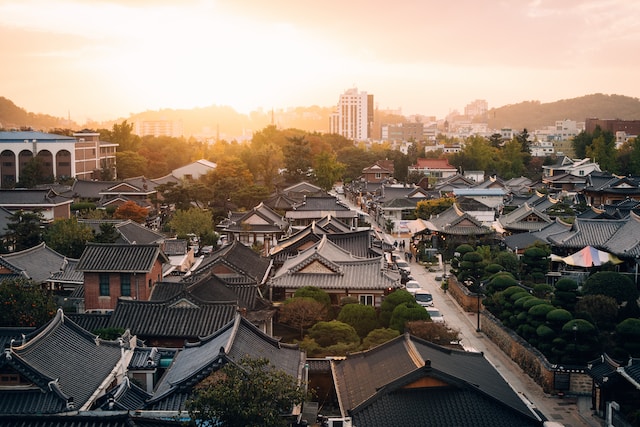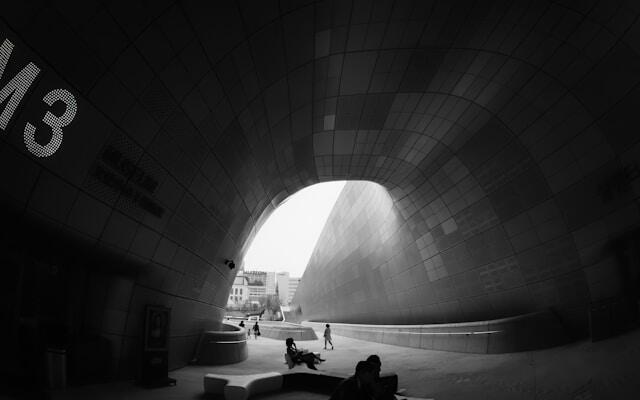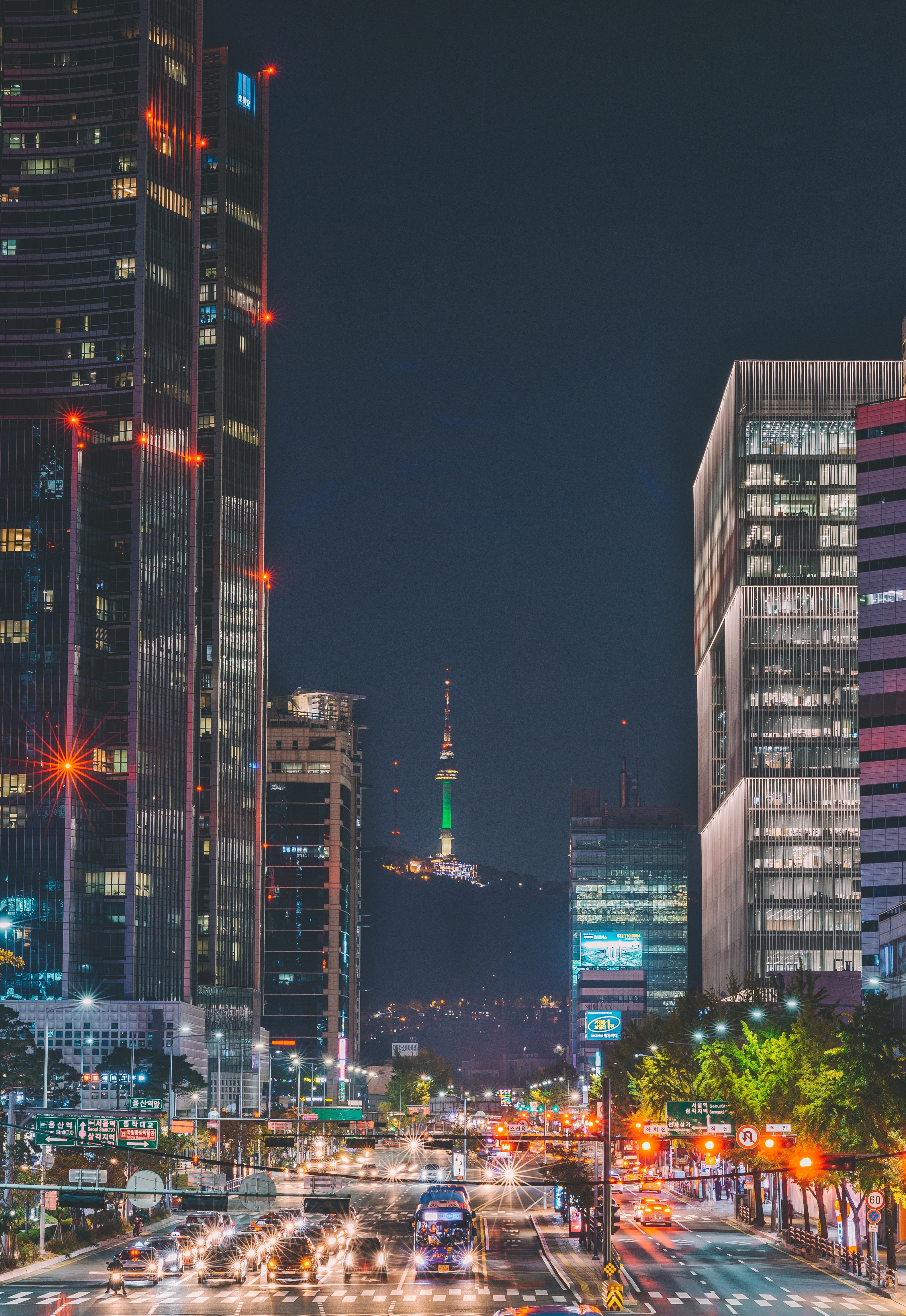Korea's D-8 Visa Strategic Insights: Economic Impacts and Policy Evolution

South Korea's economic landscape offers a fertile ground for global entrepreneurs and investors, with the D-8 Visa serving as a key gateway. This visa facilitates the entry of international talent into Korea's dynamic business sphere. This article provides an in-depth exploration of the D-8 Visa, discussing its categories, application process, significant economic impacts, and the latest policy changes.
Understanding the D-8 Visa Categories
The D-8 Visa encompasses several categories, each designed for specific business endeavours. From D-8-1, targeting incorporated enterprise investments, to D-8-4, meant for technology and business startups, each category is aligned with different business roles and objectives. This segmentation ensures that diverse business needs are met, allowing for a tailored approach to participating in Korea's business environment.
Navigating the Application Process
The application process for the D-8 Visa requires careful planning and a strategic approach. It starts with selecting the right visa category and securing a job contract or investment plan. Gathering necessary documents, including health and background checks, is essential. The application is then submitted to a Korean consulate or embassy, marking the start of a meticulous process that demands attention to detail and patience.
Expanded Economic Impact of the D-8 Visa
The D-8 Visa program is not just an immigration pathway; it's a significant economic lever for South Korea. The influx of foreign investors and entrepreneurs through the D-8 visa categories injects vital capital and innovation into the Korean economy. This impact is multifaceted:
- Direct Investment: Foreign investors bring in capital, which is essential for the growth of startups and established businesses alike. This investment is often channelled into key sectors such as technology, manufacturing, and services, driving growth and innovation.
- Job Creation: As foreign businesses establish and expand in Korea, they create jobs for both locals and expatriates. This not only reduces unemployment but also helps in skill development of the local workforce through exposure to international business practices.
- Technological Advancement: Many D-8 visa holders are involved in high-tech industries. Their presence accelerates the pace of technological advancement in Korea, as they bring new ideas, practices, and collaborations.
- Cultural and Business Practice Exchange: The presence of international businesspeople fosters a cultural exchange that enriches the Korean business landscape. This can lead to the adoption of global best practices and an enhanced understanding of international markets, which is vital for Korea's export-driven economy.
- Stimulating Local Economy: Foreign businesses often use local resources, services, and products to operate, which stimulates the local economy. This includes real estate, supply chain services, and local talent utilization.
Expanded Recent Changes and Their Implications
The Korean government's recent policy changes to the D-8 Visa reflect an evolving strategy in managing foreign investment and immigration. These changes include:
- Investment Thresholds: The government has increased the minimum investment thresholds for certain visa categories. This move is aimed at attracting more substantial and impactful investments, ensuring that the benefits to the Korean economy are maximized.
- Targeted Economic Development: The changes are also part of a broader strategy to channel foreign investment into specific sectors that are pivotal for Korea's future economic development, such as advanced technology, green energy, and biotechnology.
- Balanced Economic Growth: By modifying the D-8 visa requirements, the government seeks to ensure balanced growth across various sectors, preventing over-reliance on certain industries and promoting a diverse economic landscape.
- Enhanced Screening Processes: The increased scrutiny in the application process ensures that only genuine investors and entrepreneurs who can contribute positively to the Korean economy are granted the visa. This is crucial in maintaining the integrity of the program and the safety of the economic ecosystem.
- Reciprocity and International Relations: Some of the changes are in response to the global economic and political landscape, aiming for reciprocity in trade and investment relations with other countries. This reflects Korea's active role in the global economy and its efforts to establish fair international trade and investment practices.
Conclusion
The D-8 Visa is pivotal for international entrepreneurs and investors aiming to tap into South Korea's burgeoning economy. Understanding the nuances of the visa categories, the application process, and the latest policy changes are crucial for leveraging this opportunity for business success. As Korea continues to adapt its policies in response to global economic trends, the D-8 Visa remains an essential tool for fostering international business collaboration and economic growth.
Pearson & Partners: Your Expert Partner in Korean Market Expansion. Are you considering expanding your business into the dynamic Korean market? Let Pearson & Partners be your guide. We specialize in providing comprehensive visa acquisition and tax accounting services, ensuring a seamless transition. Our team is adept at navigating the complexities of Korean regulations, guaranteeing a compliant and smooth business setup. We're here to assist you every step of the way. Contact us today for expert guidance that’s precisely tailored to meet your unique business objectives and regulatory needs.
.png?width=1656&height=121&name=rsz_%EB%A1%9C%EA%B3%A0%ED%88%AC%EB%AA%85%20(8).png)

